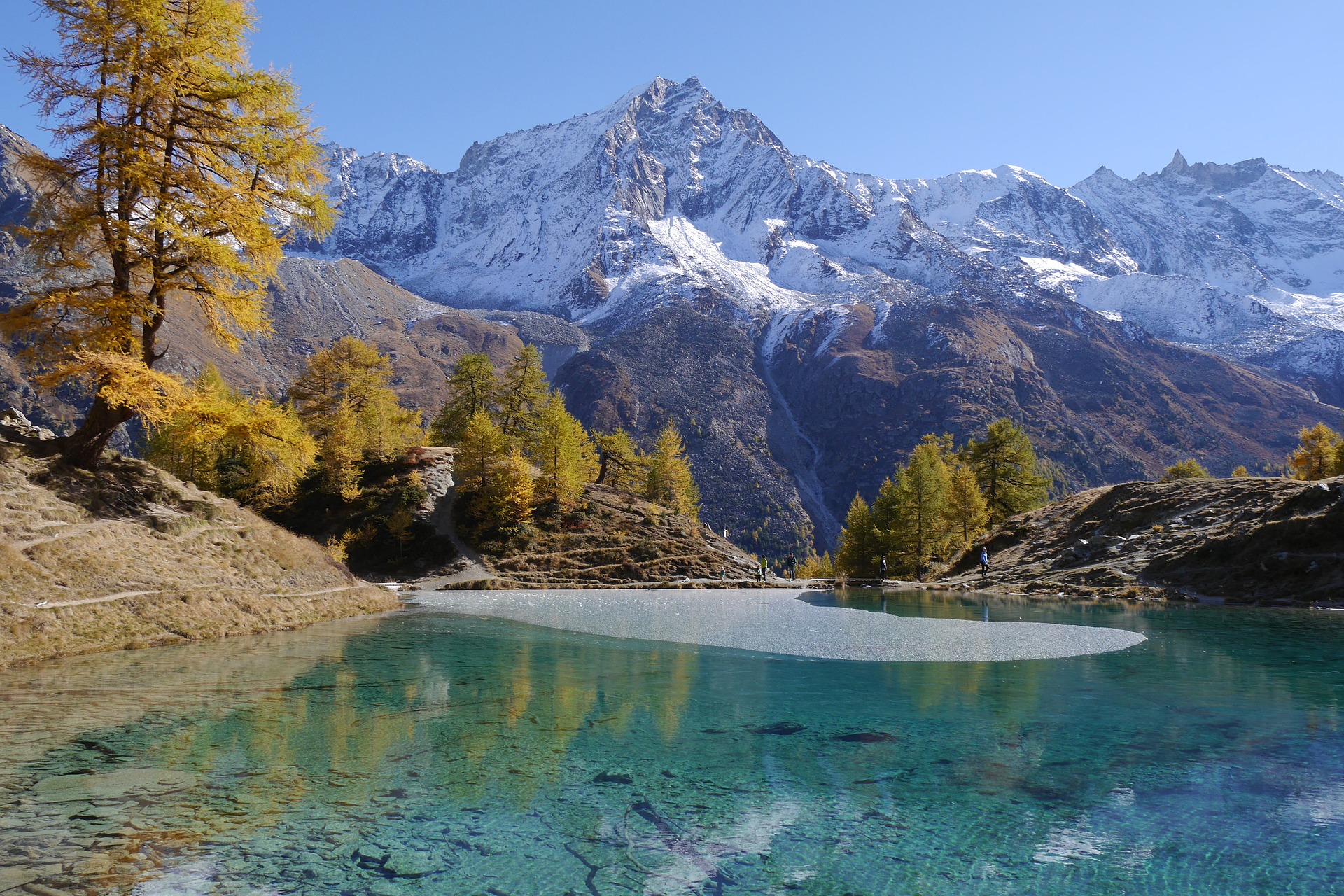- Water tests
- Air and pollutants analysis
- Mold analyses
- Asbestos analyses
- Rapid tests
-
Knowledge
- Further news
- Analysis made easy
- Facts About Drinking Water
- Facts about Indoor Air
- Facts about Mold
- Facts about Asbestos
-
Water quality in Switzerland
- Water Scarcity and Water Quality
- Drinking Water in Switzerland
- Tap Water in Switzerland: Quality and Controls
- Drinking Fountains in Switzerland
- Water Quality - Canton Basel
- Water Quality - Canton Bern
- Water Quality - Canton Geneva
- Water Quality - Canton Zurich
- NEWS: Zurich Drinking Water Map
- Drinking Water - City of St. Gallen
- Water Quality - City of Baden
- Water Quality - City of Bern
- Water Quality - City of Zurich
- Water Analysis - City Lucerne
- Water Quality - City of Winterthur
- The Water Supply of the City of Thun
- Initiative for Clean Drinking Water
- Partnership with WATER FOR WATER (WfW)
- Help & Services
Drinking Water in Switzerland

The drinking water available in Switzerland meets extremely high quality standards. Around 80% comes from underground sources, the remaining 20% from lakes. Thanks to groundwater protection zones, almost two-thirds of Swiss tap water can be distributed without treatment. This means you can safely drink water directly from the tap in Switzerland – environmentally friendly and with a better ecological balance than mineral water.
Interesting educational videos from SRF can be found here.
Drinking water – Switzerland's most controlled foodstuff
Water quality is regularly checked and meets the highest standards in hygiene and safety. The WHO obliges Switzerland to disclose drinking water data every three years. The BLV and the BAFU are responsible, in cooperation with the cantons.
The report "Implementation of the Protocol on Water and Health in Switzerland" regularly provides information on water quality and current projects in the water and wastewater sector.
Drinking Water Ordinance: How quality is ensured
The federal Drinking Water Ordinance regulates quality requirements. Microorganisms, chemical residues, and foreign substances must not exceed certain limit values. Common contaminations are due to outdated or contaminated pipes in households – not the water suppliers.
Why tap water is the ideal thirst quencher
Swiss tap water is kept as natural as possible and only minimally treated.
Origin of water: spring water, groundwater, and lake water
In the Alpine region, drinking water usually comes from springs, where it is filtered through natural soil layers and absorbs minerals such as calcium carbonate or magnesium. Groundwater contributes to the variety of flavors. Lake water is treated in waterworks as it is exposed to urban and agricultural influences.
Swiss Tap Water: As valuable as mineral water
The mineral content varies depending on the origin. Many mineral waters do not contain more minerals than tap water. In addition, the body can only absorb a limited amount of minerals – so a high content does not necessarily bring an advantage.
★ On average, one liter of tap water in Switzerland costs only 0.2 rappen – cheaper and more ecological than any PET bottle.
✔ Heavy metals and pollutants
✔ For general drinking water, softeners
✔ Heavy metals and contaminants
✔ Separate bacteria test recommended
✔ Heavy metals and contaminants
✔ Separate bacteria test recommended
✔ Focus on bacterial contamination
✔ For general drinking water, softeners
✔ Most common contaminants
✔ Bacteria analysis available separately
✔ 12 common pharmaceuticals
✔ e.g., diclofenac, ibuprofen
✔ Most common pesticides
✔ Glyphosate separate analysis
✔ E. coli, coliform bacteria
✔ Enterococci
✔ Commonly used pesticide
✔ Possibly carcinogenic
✔ 20 common PFAS chemicals
✔ Per- and polyfluorinated alkyl substances





